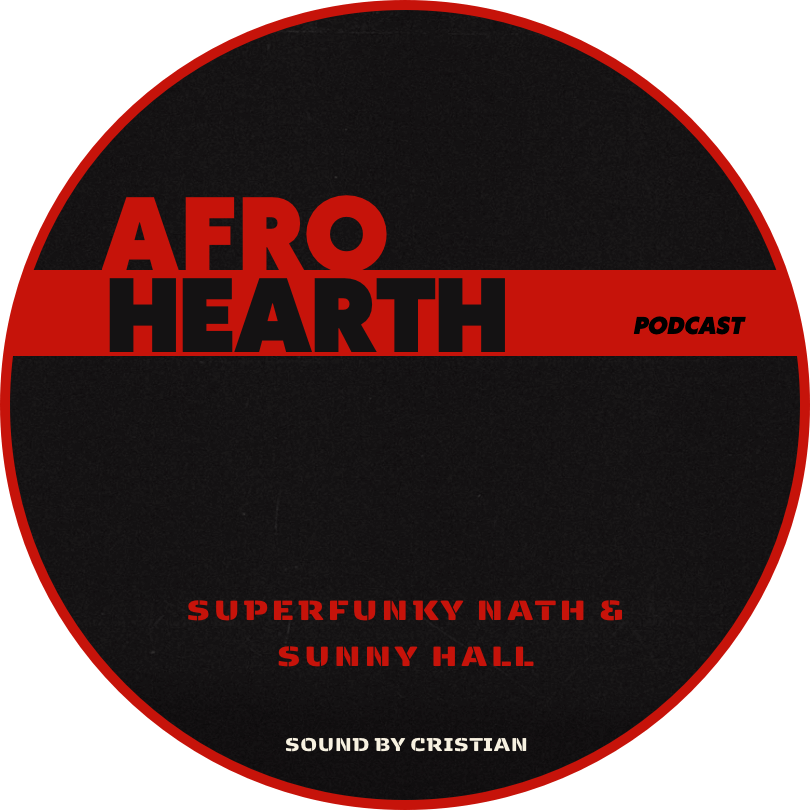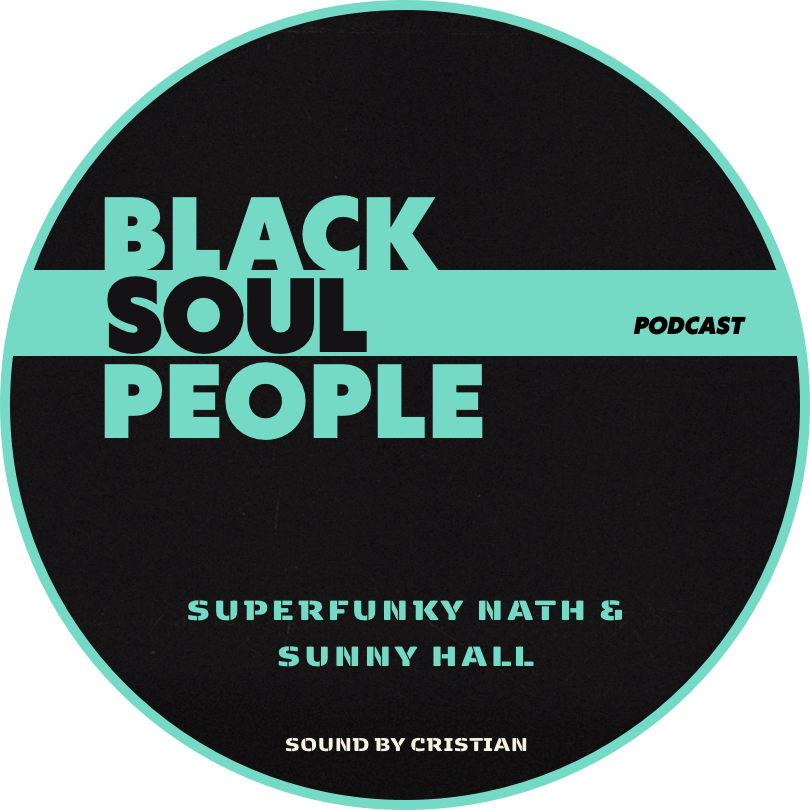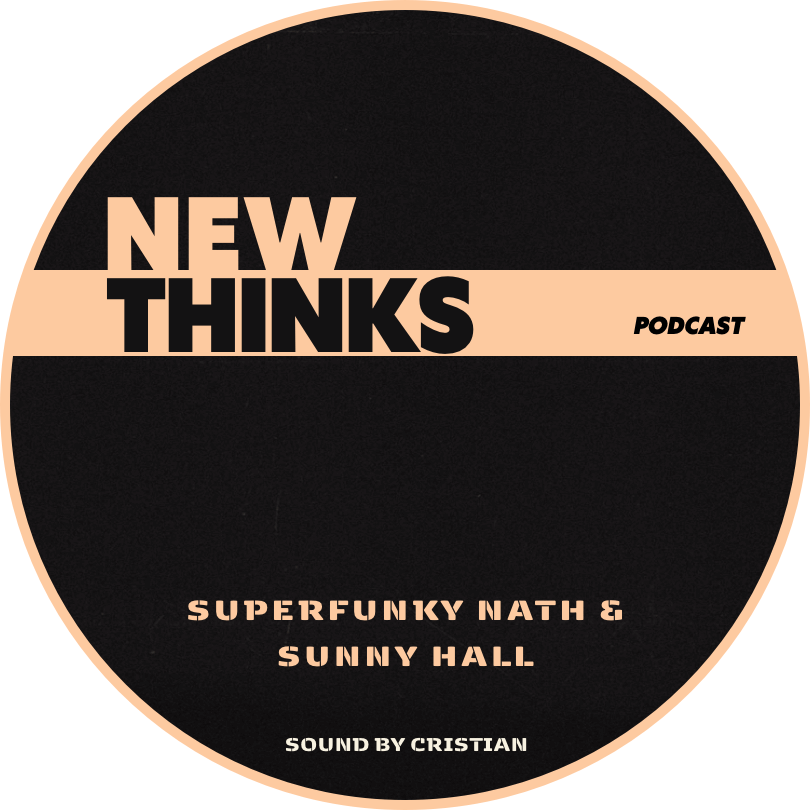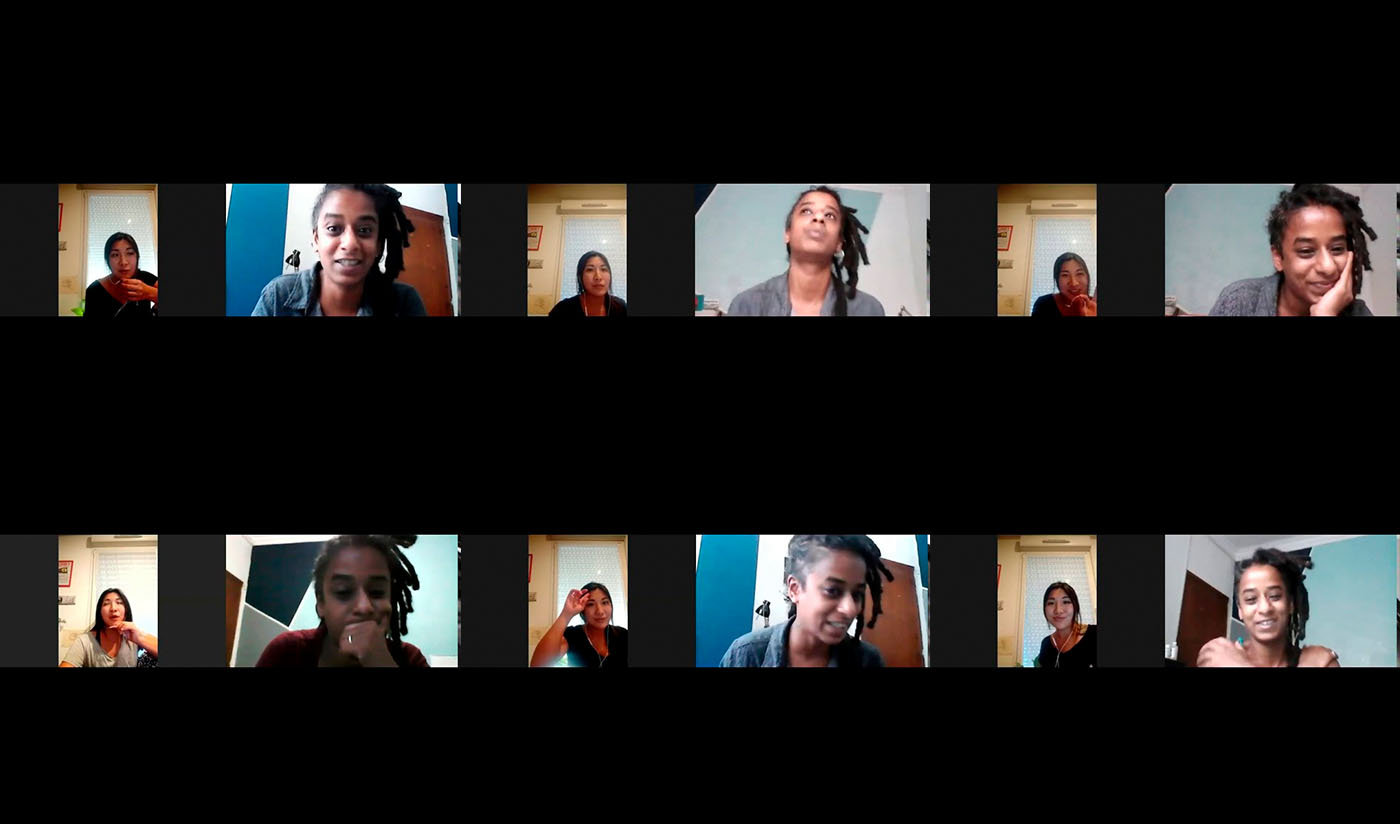


Both Joohee and Anne are two adoptees of Asian origin, from Sri Lanka and South Korea. Adopted by a French family in Europe.
They met through the podcast “kiffe ta race” entitled “Where is the voice of adoptees?” Where Joohee was the invited guest. Although we have had different experiences as transracial adoptees in our respective families, one could be called a “good” one and the other a “bad” one, from a moral standpoint, we have come to a similar political and decolonial vision of the system that is international adoption.
In these videos, we do not seek to be exhaustive but simply to share our thoughts and profound reflection based on our living experiences as transracial adoptees.
We are aware that not all of the adopted community will recognise itself in our words which are the result of a reflexive stance and militant posture. Mainly due to the fact that adoptees are given little to no opportunity to speak, we decided to create our own media to express our “positioned” point of view which also feeds on a certain “field expertise” enriched by readings and gatherings…
The National Adoption Awareness Month begins at the begins in November, so we thought it was interesting to make the distribution of the videos coincide with these dates, knowing the importance of reclaiming ourselves and making our stories visible.
Good viewing, (video channel in french)
Joohee and Anne Cath.
In 1976, Governor Michel Dukakis of Massachusetts created National Adoption Week, to bring attention to the “plight of children in foster care”.
In 1984, President Ronald Reagan created National Adoption Week, to “encourage a national effort to promote the adoption of children, and particularly children with special needs.”
Eleven years later, in 1995, President Bill Clinton devoted an entire month to adoption, saying in his proclamation that “adoption provides a means for building and strengthening families” and “Adoption also enables adults to experience the unique joys of parenthood.”
In 1998, President Clinton issued “a new directive to the Department of Health and Human Services to expand the use of the Internet as a tool to find homes for children waiting to be adopted from foster care.”
President Barack Obama, himself the child of an absent father and often in the care of his maternal grandparents, proclaimed in November 2016 : “Each November, we recognise the important role that adoption has played in the lives of children and families in our country and around the world, and we rededicate ourselves to ensuring every child can find their forever family.”
Today, some organisations refer to this event as “National Adoption Month.”
And the missing voice of the adoptees?
#flipthescript
In November 2014, Rosita González of Lost Daughters created the #flipthescript movement on Twitter. She wanted to ensure that especially during NAAM, the voices of adoptees were heard.
The hashtag was used close to 18,000 times this month, she wrote, and, as can be seen from the current Bethany website, the conversation began to change. Having started a movement for adoptees to be heard, González went on to help produce a book called : Flip the Script: Adult Adoptee Anthology.
NAAM and the Adopted Person.
In her article in the Huffington Post in November 2016, adoptee activist Angela Barra wrote, “We have legions of people pledging to help children, a noble cause, who state they are committed to adoption and raising awareness about it. The persuasive phrases like ‘forever family’ are bandied around along with other heady expressions. All these people proclaim to be passionate about adoption but it seems that this commitment does not necessarily extend to adult adoptees. Indeed, those of us who challenge the happy adoptee narrative are seemingly discarded and ignored during this fervor.”
“those of us who challenge the happy adoptee narrative are seemingly discarded and ignored during this fervor.”

FOTOS